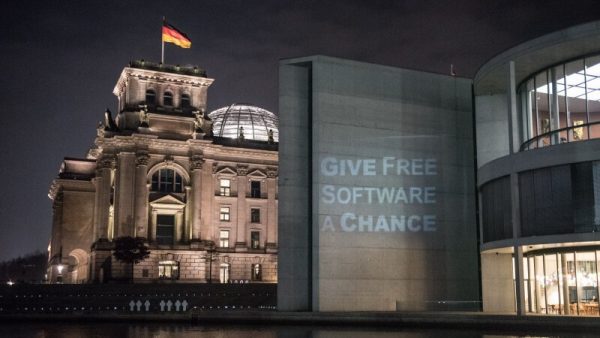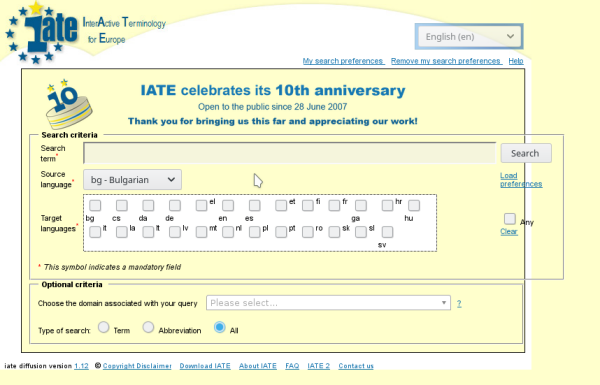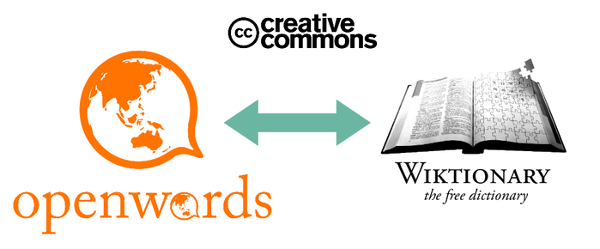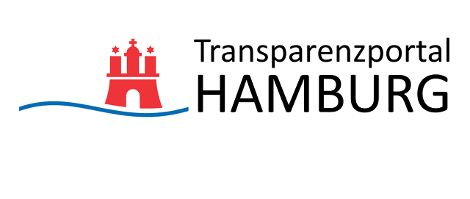German federal elections 2021 – Demands for digitally sovereign society
 German digital civil society organisations have made four demands for a digitally sovereign society to politicians standing in the 2021 federal election in late September 2021. Among them is the Free Software Foundation Europe (FSFE), which works to ensure that software developed with public money shall be published under a free and open source software licence.
German digital civil society organisations have made four demands for a digitally sovereign society to politicians standing in the 2021 federal election in late September 2021. Among them is the Free Software Foundation Europe (FSFE), which works to ensure that software developed with public money shall be published under a free and open source software licence.
On 1st April 2020, German civil society organisations working for an independent digital infrastructure and free access to knowledge called on politicians to learn from the crisis and strengthen digital civil society.
In an open letter (German) of that date, the signatories (Chaos Computer Club, D64 – Zentrum für Digitalen Fortschritt, Epicenter.Works, the FSFE, Stiftung Neue Verantwortung, Superrr Lab and Wikimedia Deutschland) also made clear recommendations for action. However, far too little has happened since then. The past year has made it clear that politics and the public sector are overwhelmed with their own digital transformation and are setting priorities in digital policy that do not meet the needs of society. We are far from a digitally sovereign society.That is why a broad spectrum of organisations, including the FSFE has once again come together to support politics with their expertise.
With four demands, the network shows how digitisation can succeed for a digitally sovereign society – and calls upon the parties to make digitisation for the common good a central topic in the forthcoming federal elections.

Four demands for the federal government
- Digital Sovereignty: politicians must anchor the digital sovereignty of society as the highest maxim in digital policy. Instead of a digital ministry, we need a mission for the coming legislative period that elevates digital sovereignty to a guiding principle and is drafted and evaluated together with representatives from civil society, science and business.
- Participation and Transparency: civil society must finally be afforded the same opportunities as business and science to contribute its expertise via a civil society quota in political advisory bodies, communication and transparency on procedures of political decision-making processes, legally defined deadlines for consultations and machine-readable documentation.
- Public Money, Public Good: publicly funded solutions must be accessible to all under a free licence so that no knowledge is lost or problems are solved twice. It should be a legal requirement that software developed for the public sector with public money must be published under a free and open source software licence. If public money is involved, the code should also be public. In addition, public sector data must be open data.
- Sustainable Digitisation: digitisation can only succeed if the development of digital infrastructure is economically and socially viable. To this end, diversity in digitisation and the development and maintenance of secure, decentralised digital infrastructure for society must be promoted in the long term.
5th May launch event
A new organisation and website – https://digitalezivilgesellschaft.org/ – has been established to promote the above demands and a launch event will be held on 5th May 2021 from 18:00 to 19:30 hrs to discuss these demands with a panel consisting of Julia Reda (former MEP), Henning Tillmann (software developer and co-chair of D64) and Julia Kloiber (co-founder Superrr Lab). The panel will be moderated by Katja Jäger (betterplace lab). Afterwards, all participants will have the opportunity to exchange ideas on solutions, measures and calls for action in four thematic rooms. FSFE’s Alexander Sander will moderate the room on “Public Money? Public Code!”.




 The
The 
 The news was the Department for Business, Innovation and Skills
The news was the Department for Business, Innovation and Skills